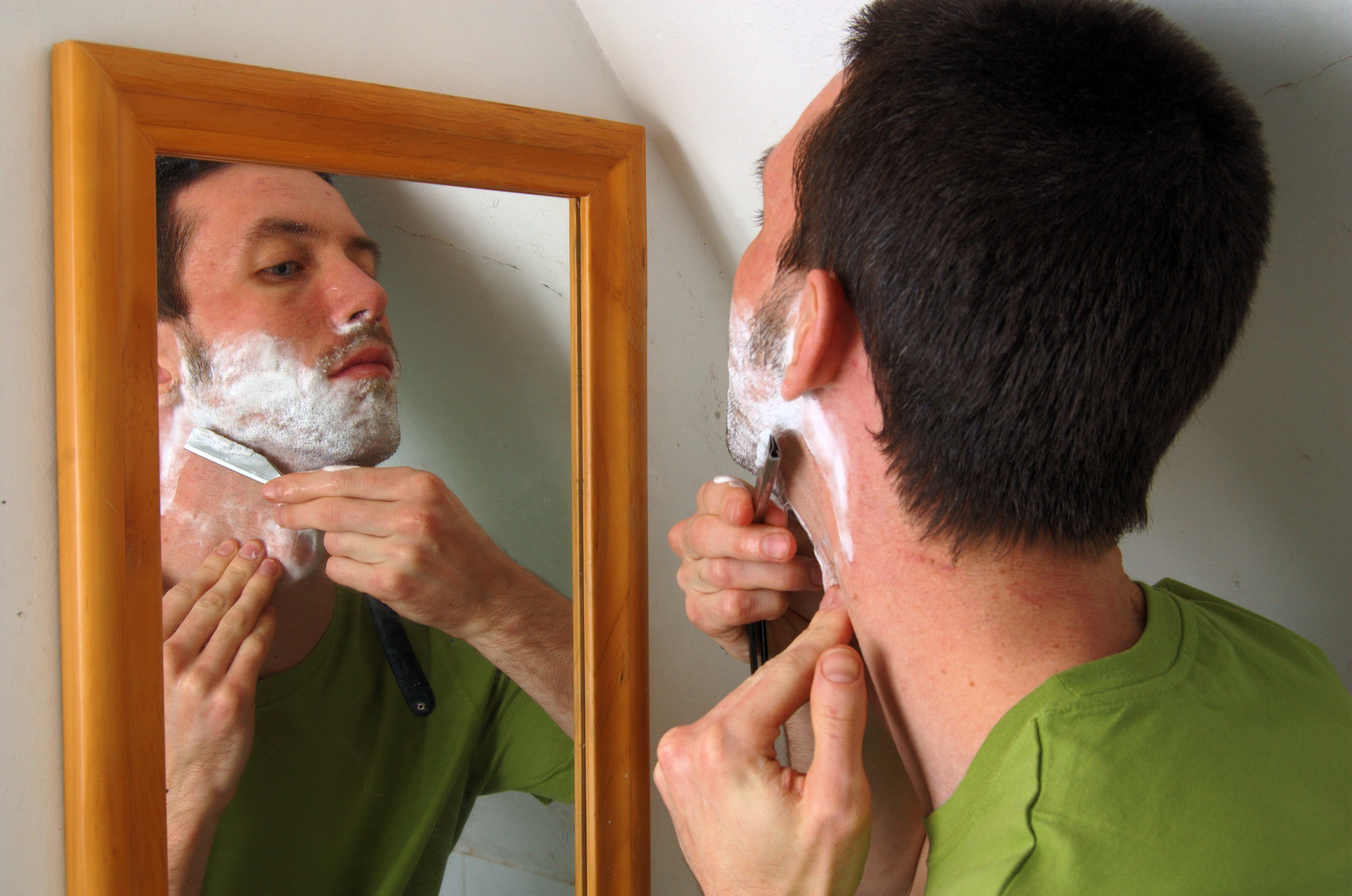Last spring, the Supreme Court ruled in the Hobby Lobby case that corporations have the right to freedom of religious expression, at least in so far as they are now allowed to refuse to follow a federal law that mandates insurance coverage for birth control. Now, the Court is taking up the issue of the religious freedom of prisoners to grow beards required by their faith.
Marci Hamilton, a law professor at Cardozo Law School commented to the New York Times: “After going out on a limb by providing newfound rights to corporations, are they now going to turn around and say that prisoners can’t grow beards?”
In case the justices need a primer, prisoners are human beings. Most human beings grow hair on various parts of their bodies and are thus faced with the challenge of styling and grooming this hair. Likewise, religious institutions that may provide guidance on hairstyles and grooming appear to be a unique cultural practice among humans.
While more than 40 states allow prisoners to grow beards of varying lengths, Alabama, Arkansas, Florida, Georgia, South Carolina, Texas and Virginia do not.
Arkansas prisoner Abdul Maalik Muhammed has brought suit to defend his right to grow a beard in accordance with his Muslim faith.
Arkansas prison authorities argued in a 2012 hearing in the case that the restriction was due to security concerns, claiming that dangerous contraband can be hidden in a ½ inch beard. They even went so far as to perjure themselves, claiming that a prisoner committed suicide with a razor hidden in his beard. In fact, in the case cited, the prisoner tragically committed suicide with the disposable razor he had been given in order to shave off his beard!
The case will be heard on Oct. 7. In the meantime, I am waiting to see the court’s ruling on how long a beard a corporation is allowed to grow. Oh right, corporations can’t grow beards because they are not human beings.






